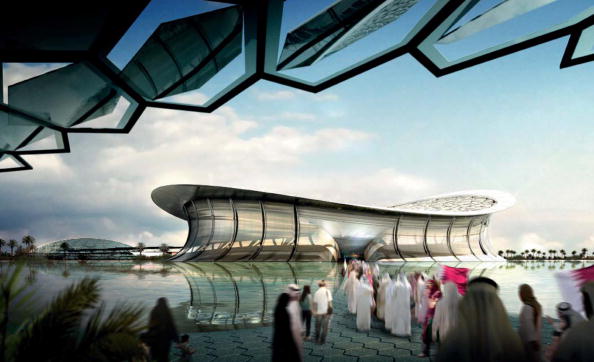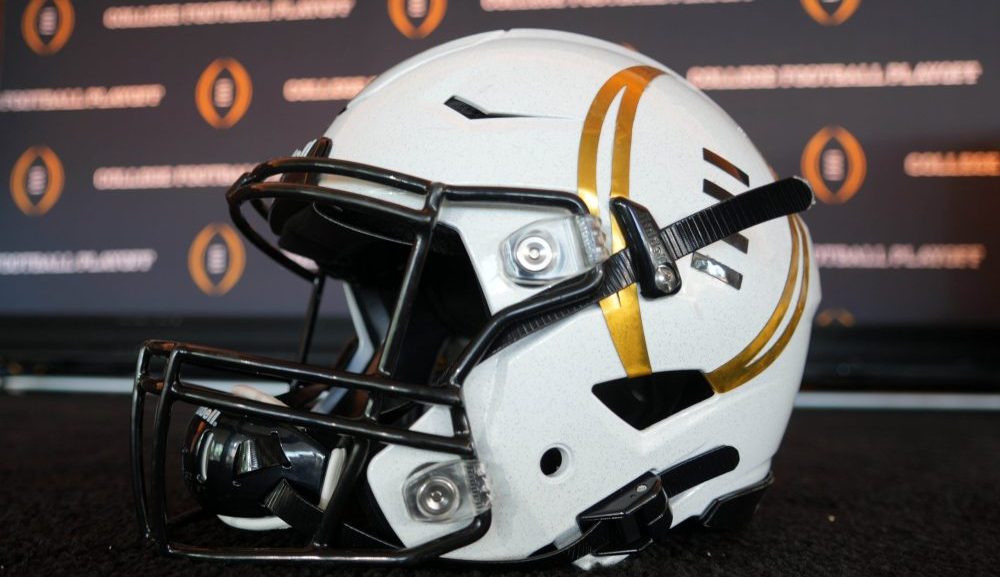The Qatar World Cup is still seven years away and it’s already breaking records for the sports event that has seen the most reporters arrested for covering it.
After a German documentary crew told stories about their arrests in Qatar while trying to do investigative reporting into the World Cup controversy, another country’s journalists are claiming the same. This time, it’s one of the world’s most powerful and recognizable news organizations whose reporters say they were arrested in Qatar: the BBC.
On Monday the BBC posted an article written by Mark Lobel entitled, “Arrested for reporting on Qatar’s World Cup labourers.” The article documents a group of BBC journalists traveling to Qatar to document supposed improved working conditions for migrant workers on a PR tour set up by Qatar’s World Cup organizing committee. While doing other research away from the carefully guided PR tour, the journalists were arrested:
Our arrest was dramatic.
We were on a quiet stretch of road in the capital, Doha, on our way to film a group of workers from Nepal.
The working and housing conditions of migrant workers constructing new buildings in Qatar ahead of the World Cup have been heavily criticised and we wanted to see them for ourselves.
Suddenly, eight white cars surrounded our vehicle and directed us on to a side road at speed.
A dozen security officers frisked us in the street, shouting at us when we tried to talk. They took away our equipment and hard drives and drove us to their headquarters.
Later, in the city’s main police station, the cameraman, translator, driver and I were interrogated separately by intelligence officers. The questioning was hostile.
We were never accused of anything directly, instead they asked over and over what we had done and who we had met.
Lobel also tells the story of multiple nights in poor prison conditions as well as some of their materials not being returned. Additionally, in an alarming revelation, the Qataris produced documented evidence that they were tracking the movement of the journalists throughout the country:
An hour into my grilling, one of the interrogators brought out a paper folder of photographs which proved they had been trailing me in cars and on foot for two days since the moment I’d arrived.
I was shown pictures of myself and the team standing in the street, at a coffee shop, on board a bus and even lying next to a swimming pool with friends. It was a shock. I had never suspected I was being tailed.
The Qatari government and the BBC both offered statements in the publishing of the article – Qatar claiming that the reporters trespassed on private property, and the BBC claiming that the reporters were arrested simply for doing their jobs.
The human rights abuses towards migrant workers are the true scandal of the Qatar World Cup. The corruption allegations aimed towards FIFA are simply about money and the World Cup being bought pale in comparison to actual lives being lost. It’s estimated that thousands of workers could die by the time 2022 actually arrives.
FIFA can try to bury their head in the sand over corruption and hide the money trail. But they simply can not ignore journalists being arrested for trying to report on human rights violations and workers dying in the streets.
FIFA has more than enough ethical dilemmas to answer to in this equation. But on another level, how can any media organization that has an agreement with FIFA around the world tolerate journalists being arrested? Is the World Cup really worth completely looking the other way and selling your soul?
[BBC]








Comments are closed.